Marine Science
Marine reserves offer protection
Protection zones for coasts and oceans are an effective way to help marine and human communities to adapt to climate change.
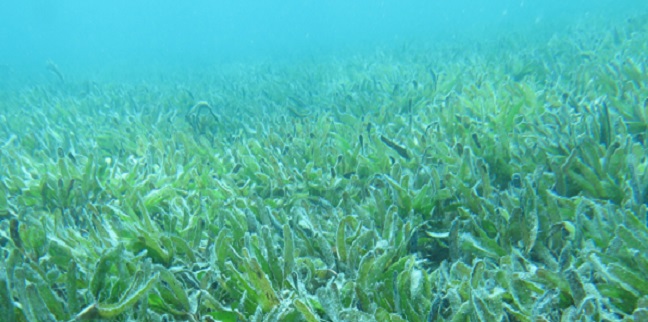
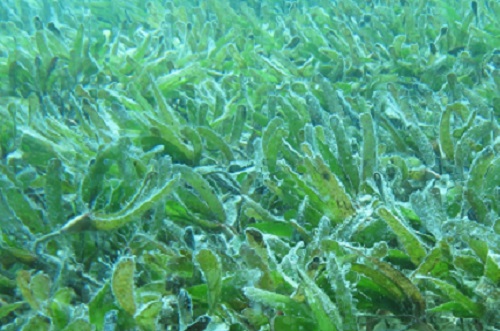
Vulnerable seagrass meadows would benefit from reducing stressors such as disturbance from anchors and reduction of nutrient-rich runoff from adjacent land.
© 2017 A. Ortega
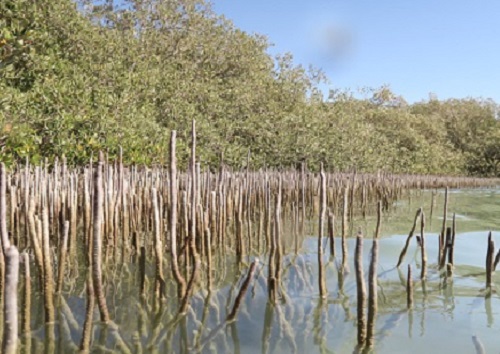
Mangroves can provide a physical buffer that helps to protect coasts from sea level rise and increased storm surges
© 2017 Duarte
Marine protected areas (MPAs) that restrict or ban extractive activities, such as fishing or mining, play a well-established role in conserving biodiversity. An international research team suggests that such reserves, when managed effectively, will be vital in helping marine communities adapt to the impacts of climate change.
The team says that formal protection of marine ecosystems will support the biological processes that will help make these areas resilient to disturbances from a changing climate. Scaling up through an extensive network of MPAs can multiply these benefits.
The global community has procrastinated too long about greenhouse emissions, explains Carlos Duarte, the director of the Red Sea Research Center at KAUST. “Even if the 2015 Paris Agreement on climate change is fulfilled in its most ambitious form, mitigation will come too late to halt the impacts of climate change on tropical coral reefs and Arctic ecosystems and the communities and societies that depend on them for their livelihoods,” he explains.
For marine ecosystems, impacts of climate change are increasingly understood to include acidification, sea-level rise, more intense storms, shifts in species distribution, and decreased productivity and oxygen availability. The interactions and cumulative effects of these are also significant.
Many of these impacts are evident already. “Loss of Arctic sea ice is already severe and irreversible on managerial time scales—where our ability to manage it can make a difference,” Duarte says. “Sea-level rise is already accelerated so that, even if CO2 emissions and atmospheric levels are controlled, the seas will continue to rise for several centuries and affect low-lying coastal areas worldwide.”
“Plus, many coral reefs are already near their thermal thresholds and may suffer severe impacts even at warming targets below those established under the Paris Agreement.”
Duarte and colleagues suggest that MPAs can help to increase carbon sequestration and storage to reduce greenhouse gases. Also valuable is the role of MPAs in buffering these ecosystems against environmental fluctuations and extreme events likely with a changing climate.
For instance, Duarte describes how conserving coastal vegetation, such as mangroves and seagrass meadows, helps these ecosystems and associated biota to mitigate and adapt to climate change. “They deliver huge benefits to coastal societies as mangroves and seagrass can help protect these coasts from sea-level rise and increased storm surges.”
Duarte reports that this work is already stimulating international discussion around how to increase the extent of MPAs across the globe. New information is needed however. MPAs have historically been developed for conservation objectives, and so we need new information about appropriate design, meaning their extent, boundaries and location, to help maximize benefits in terms of climate change.
References
-
Roberts, C.M., O’Leary, B.C., McCauley, D., Cury, P., Duarte, C.M. et al. Marine reserves can mitigate and promote adaptation to climate change. Proceedings of the National Academy of Sciences 114, 6167-6175 (2017).| article
You might also like
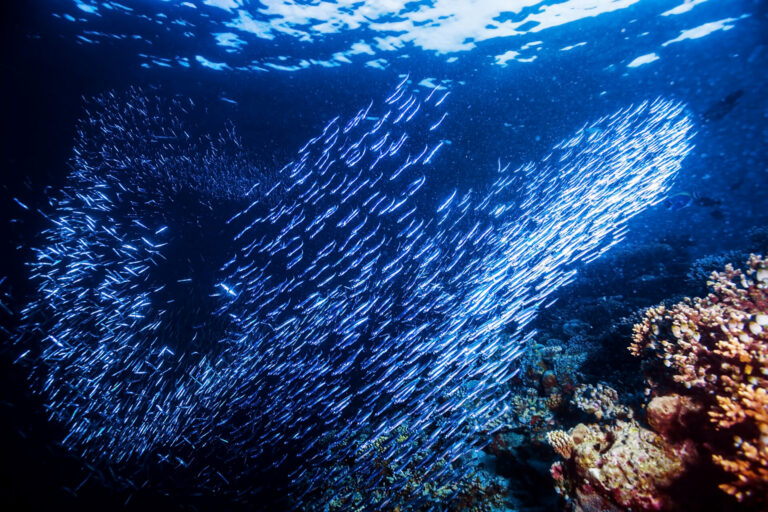
Marine Science
Potential gains from replenishing reef fish stocks revealed
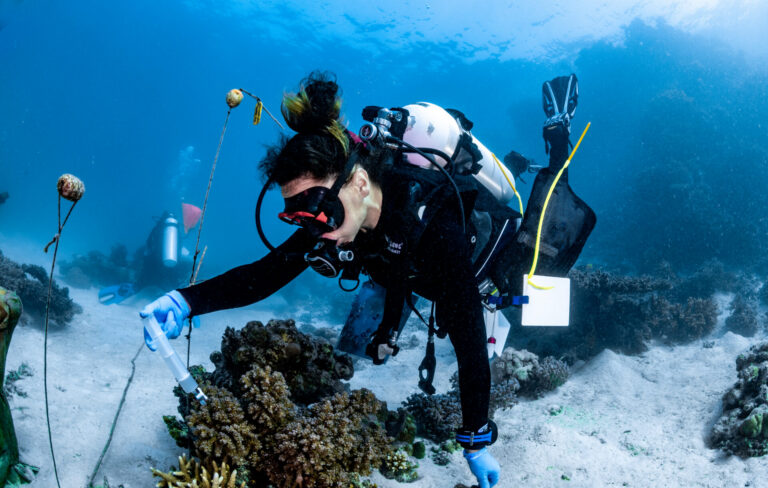
Marine Science
A place to trial hope for global reef restoration
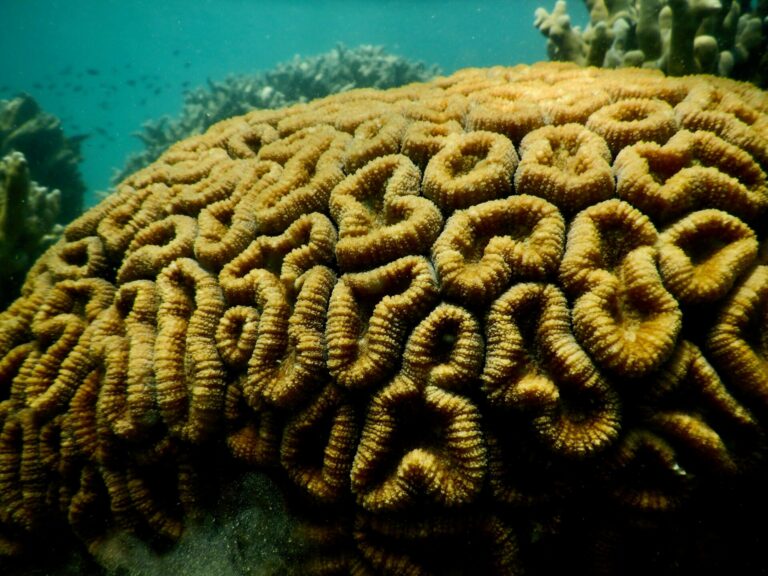
Marine Science
Reef-building coral shows signs of enhanced heat tolerance

Marine Science
Plastic-munching bacteria found across the seven seas
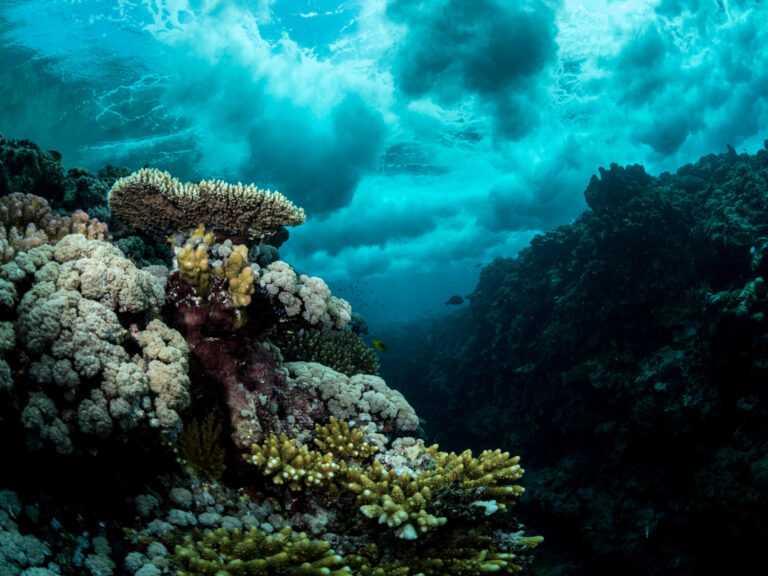
Marine Science
AI reveals the universal beauty of coral reef growth
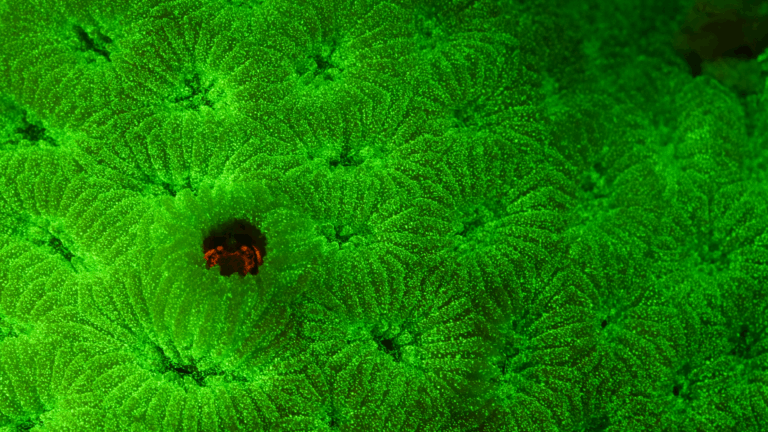
Marine Science
Tiny crabs glow to stay hidden

Marine Science
Mass fish deaths linked to extreme marine heatwave in Red Sea
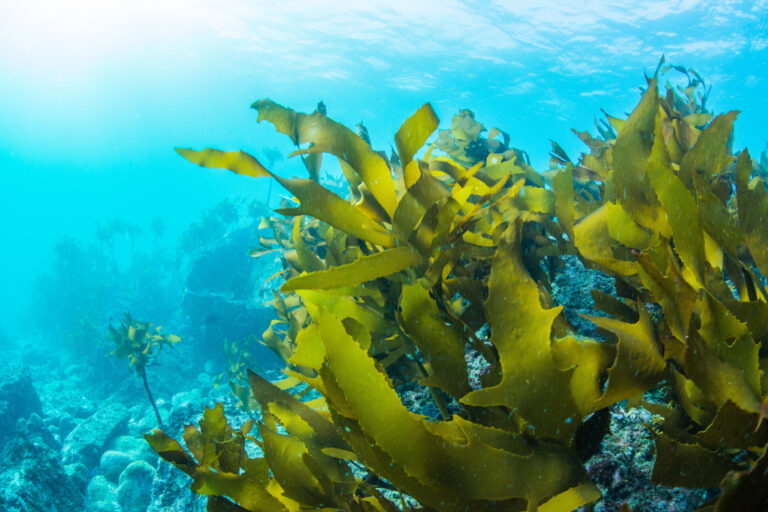
Marine Science



